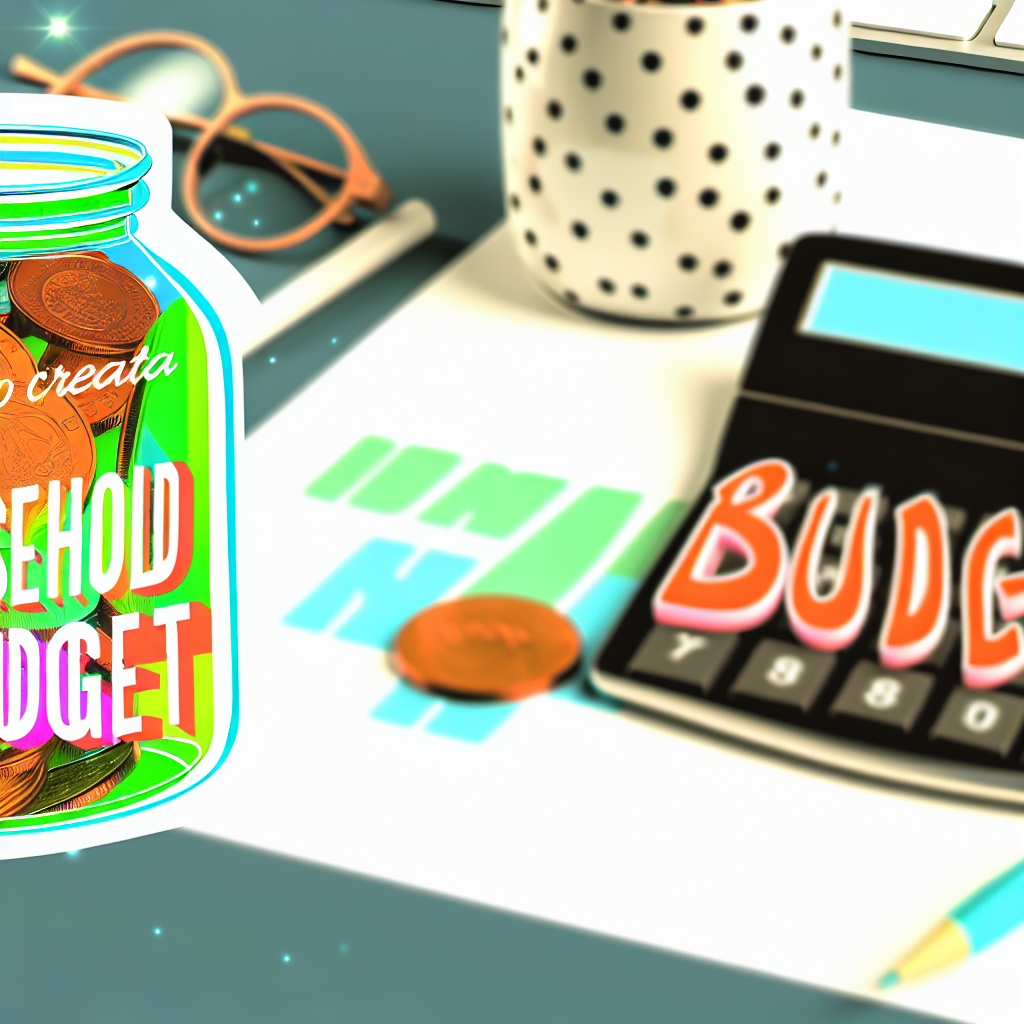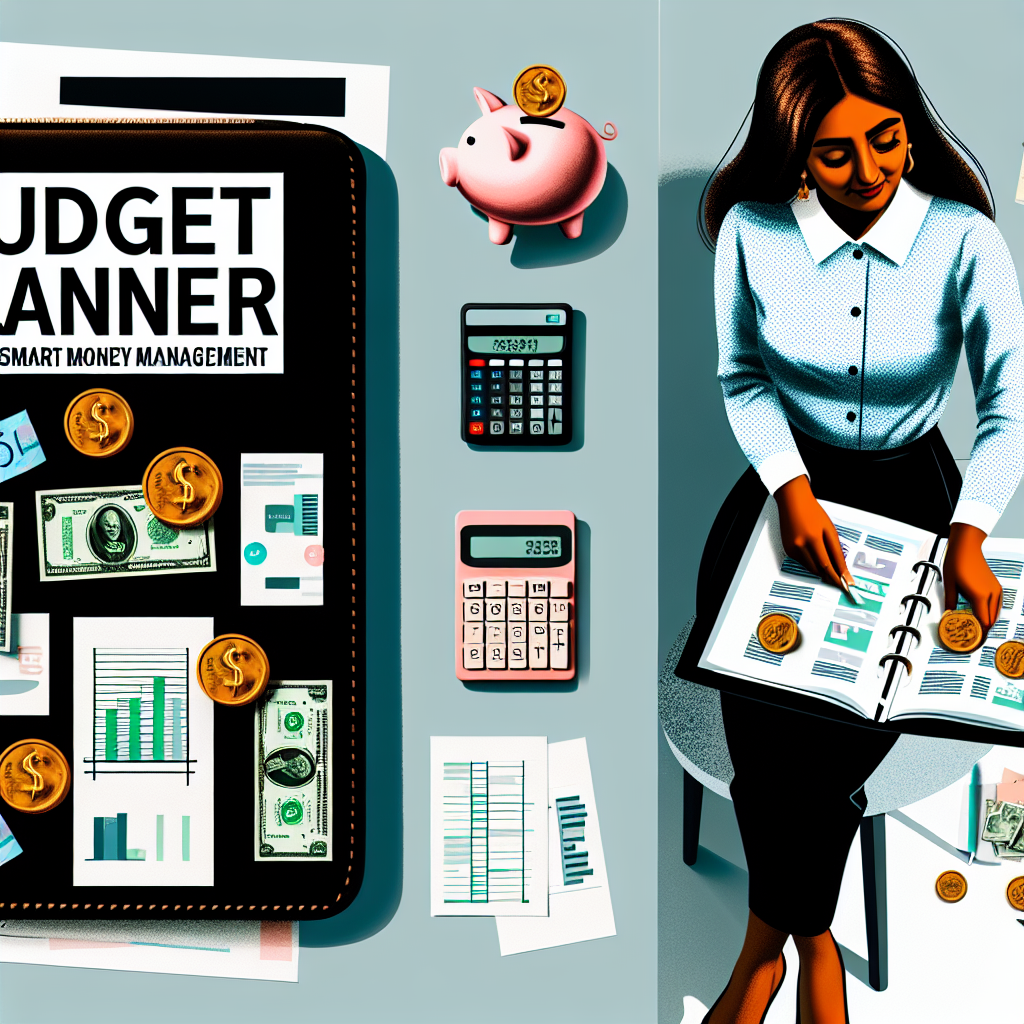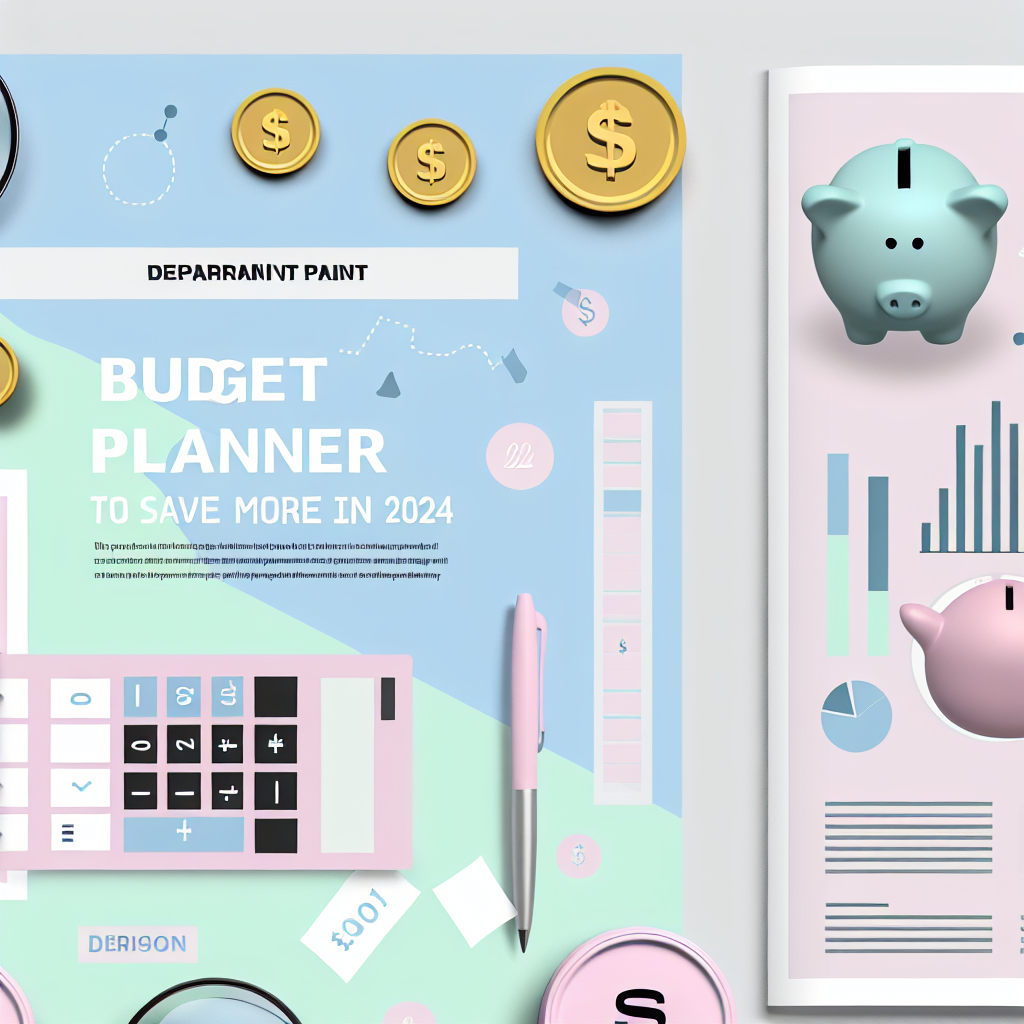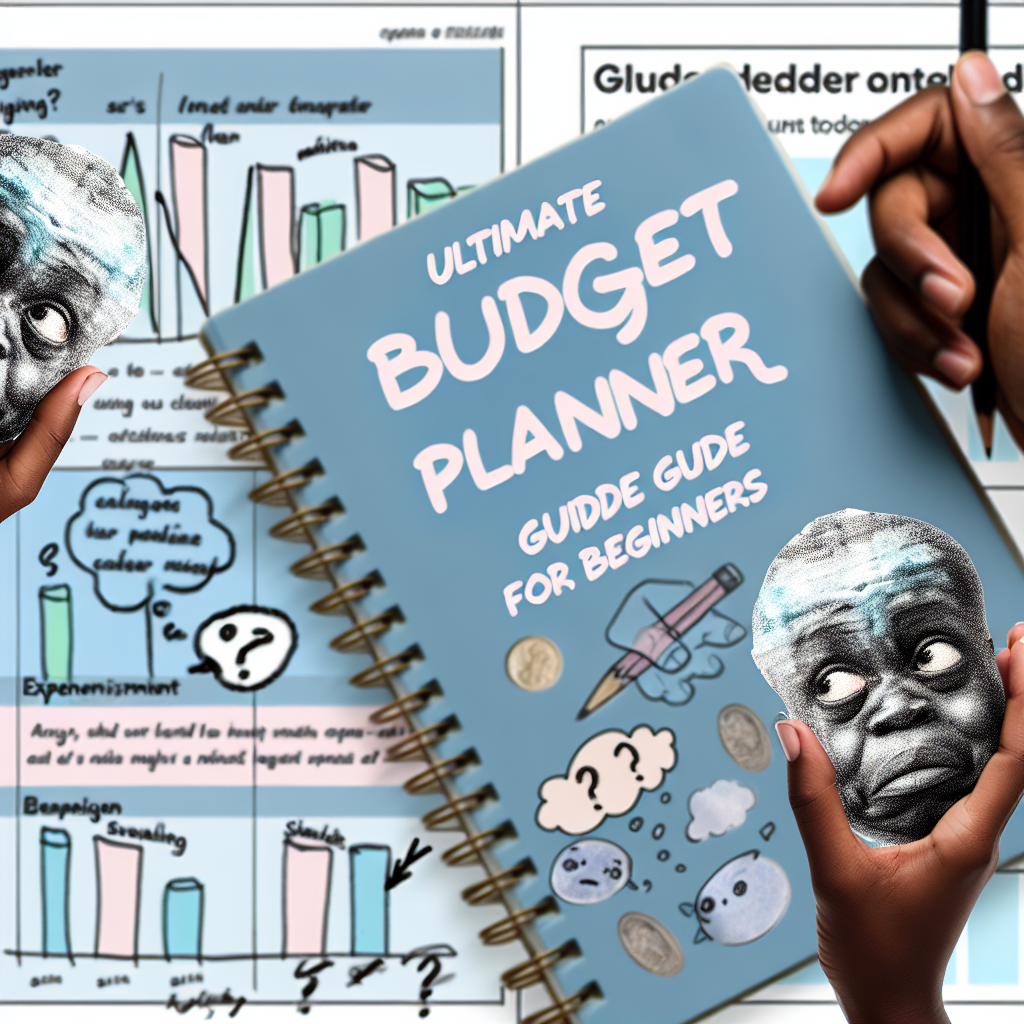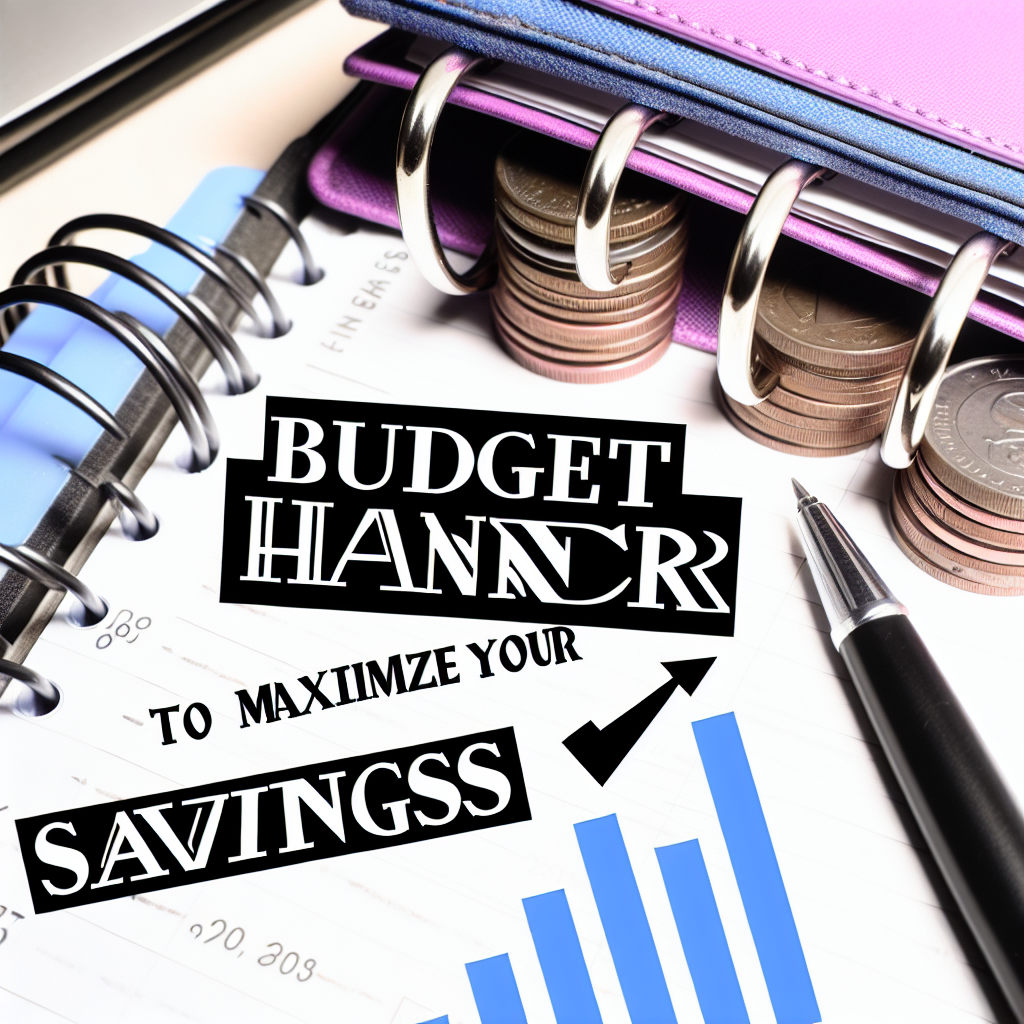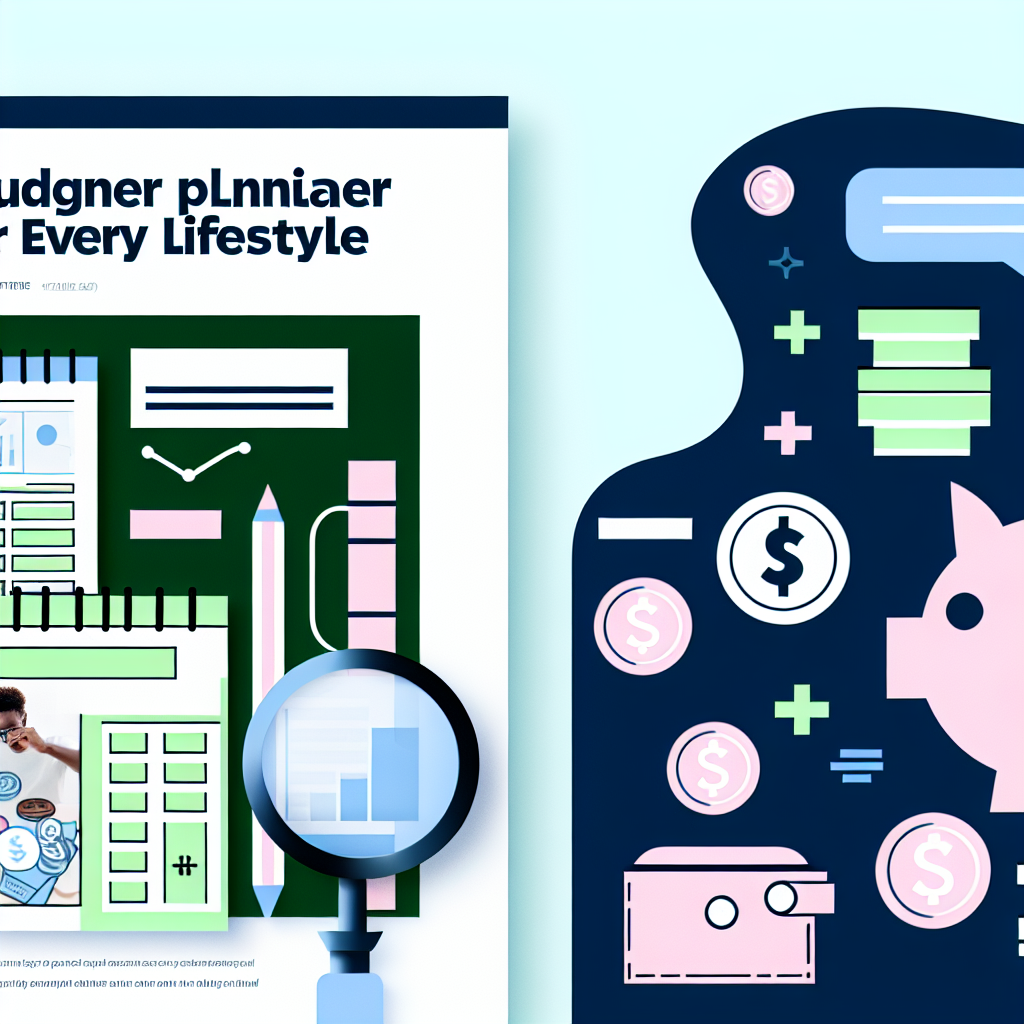=
My first attempt at a household budget was scribbled on the back of a napkin, stained with coffee rings and the words “NO SPENDING” written in angry, capital letters. I was desperate, overwhelmed, and honestly, a little embarrassed. I thought if I just told myself “no” enough times, the money problems would magically disappear. Spoiler alert: they didn’t.
That napkin budget didn’t work. I remember the crushing anxiety of checking my bank account and seeing it bleed a little more every day. Rent was looming, bills were piling up, and I had no idea where my paycheck was actually going. I felt like I was drowning in numbers I couldn’t control.
The Moment I Realized What Budgeting Really Means
Then one evening, after a particularly rough week of impulse buys and late fees, I had a quiet moment of clarity. Budgeting wasn’t about strict rules or punishing myself. It wasn’t about perfection or never enjoying a night out. It was about understanding my money as a tool—not an enemy—and figuring out how to make it work for me, not against me.
That’s when I realized how to create a household budget that actually works isn’t about spreadsheets or fancy apps. It’s about honesty, patience, and small, realistic steps that fit your life, not the other way around.
How I Finally Got a Budget That Didn’t Make Me Want to Quit
The first thing that actually worked for me was writing down every single expense for a whole month. Yes, even that $3 coffee I grabbed on a bad morning. Seeing the numbers in black and white was painful but eye-opening. It wasn’t about judgment—it was about awareness. I could finally see where my money was slipping through the cracks.
I remember being hesitant to try setting spending limits because I thought it would feel like a prison sentence. But instead, I started with something small, like capping my takeout budget to two meals a week. That tiny change felt manageable, and it gave me a surprising sense of control.
This trick might sound weird, but I started treating my budget like a conversation with myself, not a lecture. Instead of beating myself up over mistakes, I asked, “What can I learn from this?” When I spent $40 on snacks I didn’t really want, I didn’t throw in the towel—I just made a note to be more mindful next time.
I Know What You’re Thinking
“This sounds hard.” “I don’t have enough money to start.” “I’ll never stick to it.” I thought all those things too. Honestly, the hardest part was just starting. But here’s the truth: you don’t need a perfect plan or a mountain of cash. You need a little bit of kindness for yourself and the courage to take one small step.
Budgeting isn’t about restricting your life; it’s about freeing yourself from the constant worry over money. It’s about turning that rain cloud of debt and confusion into something manageable—like a light drizzle you can dance in.
One Small Step You Can Take Today
If you take nothing else from this, just try this: tonight, grab a pen and a piece of paper (or your phone if that’s easier) and jot down everything you spent money on today. No judgment, no editing. Just write it down. That simple act of noticing is the start of taking back control.
You’re not alone in this. I’m still figuring it out too, one imperfect day at a time. But if a coffee-shop barista-turned-office-worker who once lost track of rent can do it, so can you.
💡 Want more tips like this? Explore more ways to save funds and plan your budget wisely!

